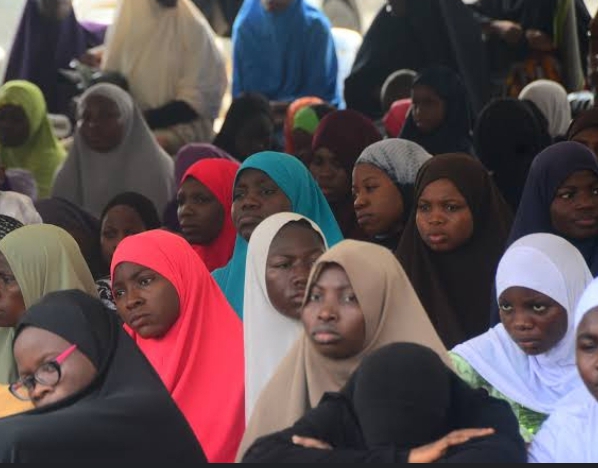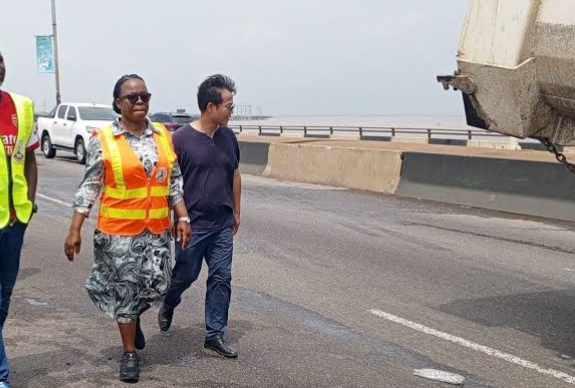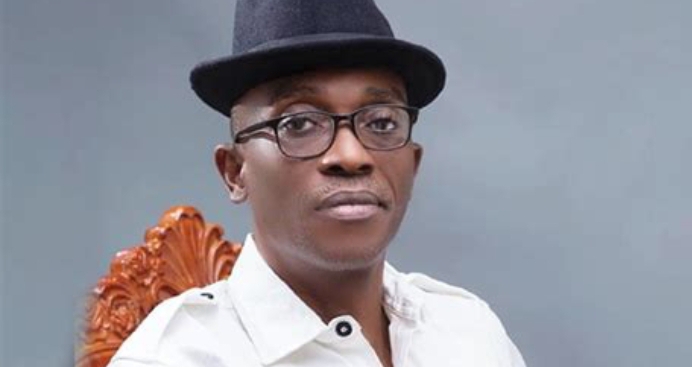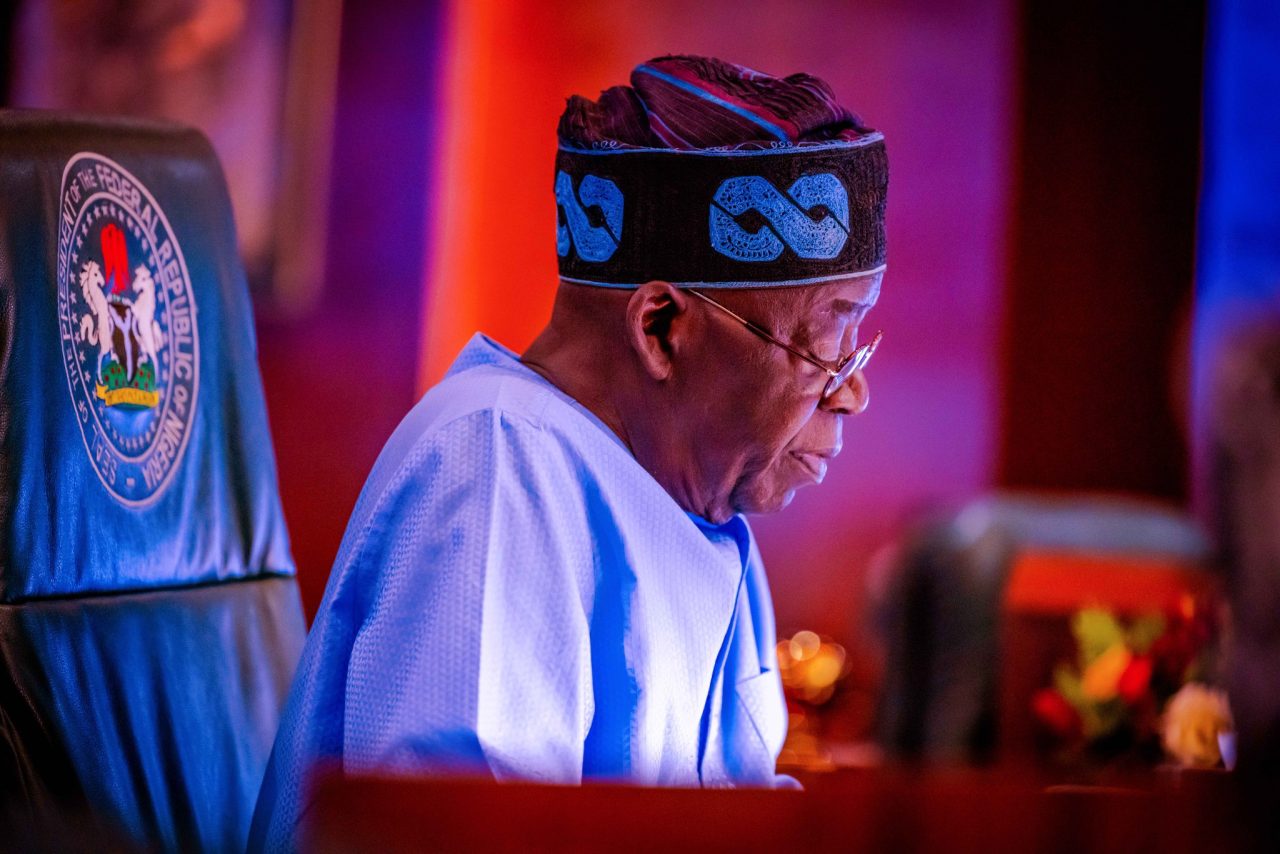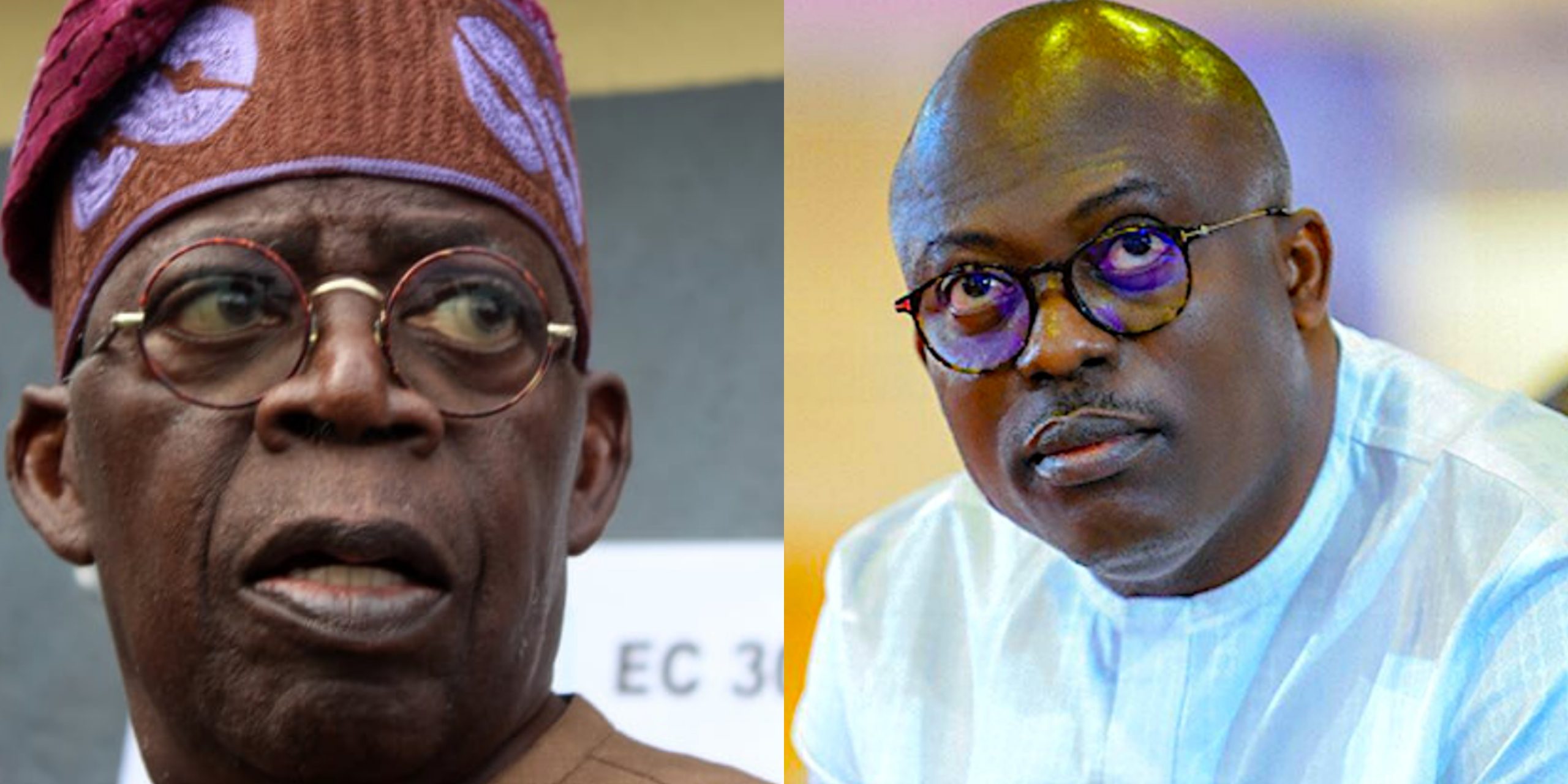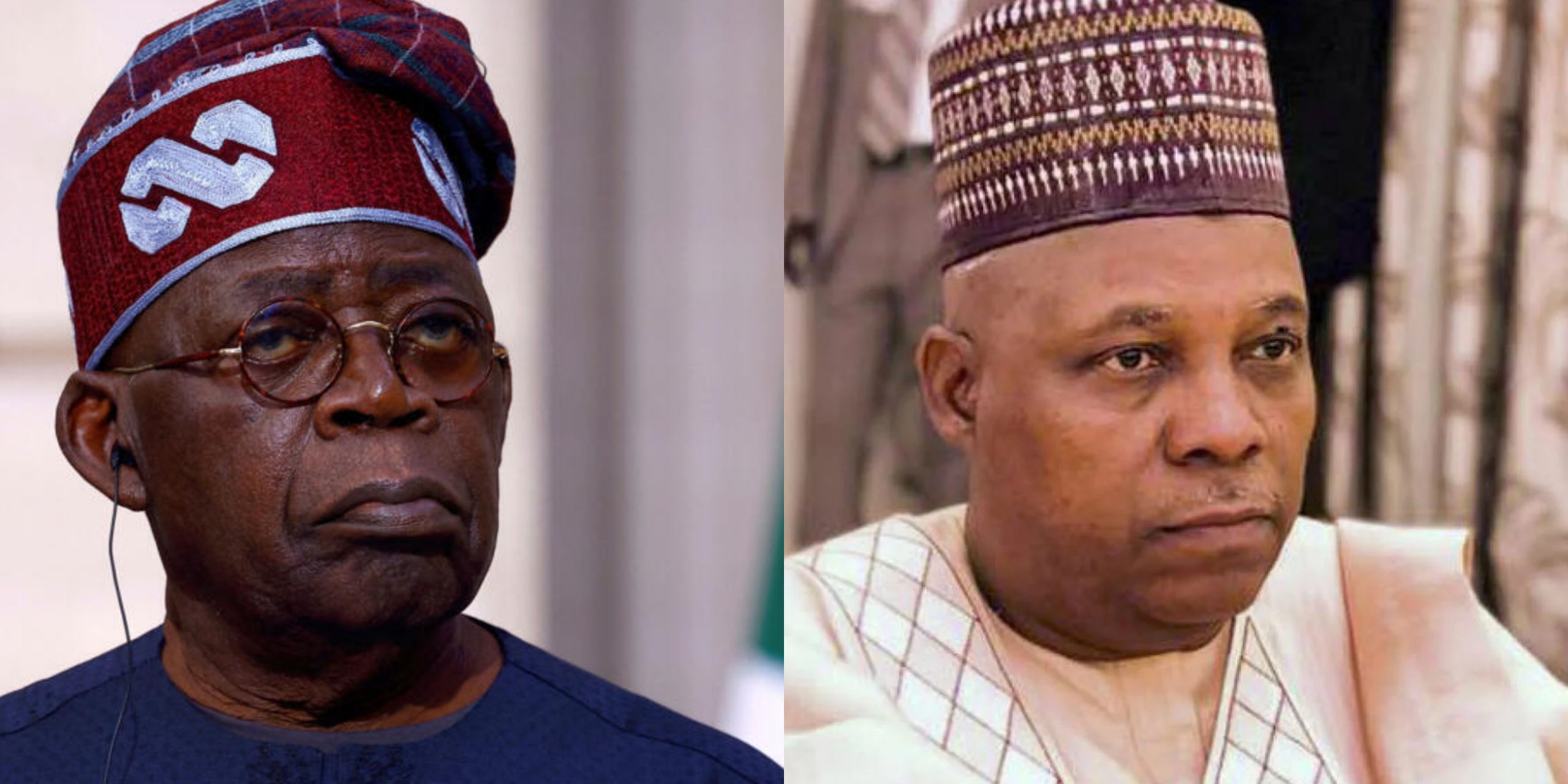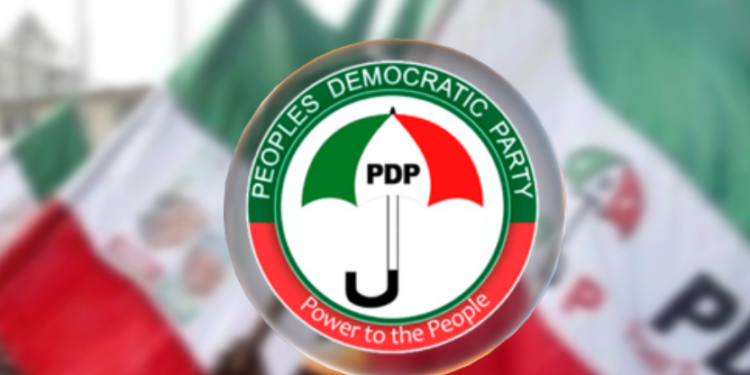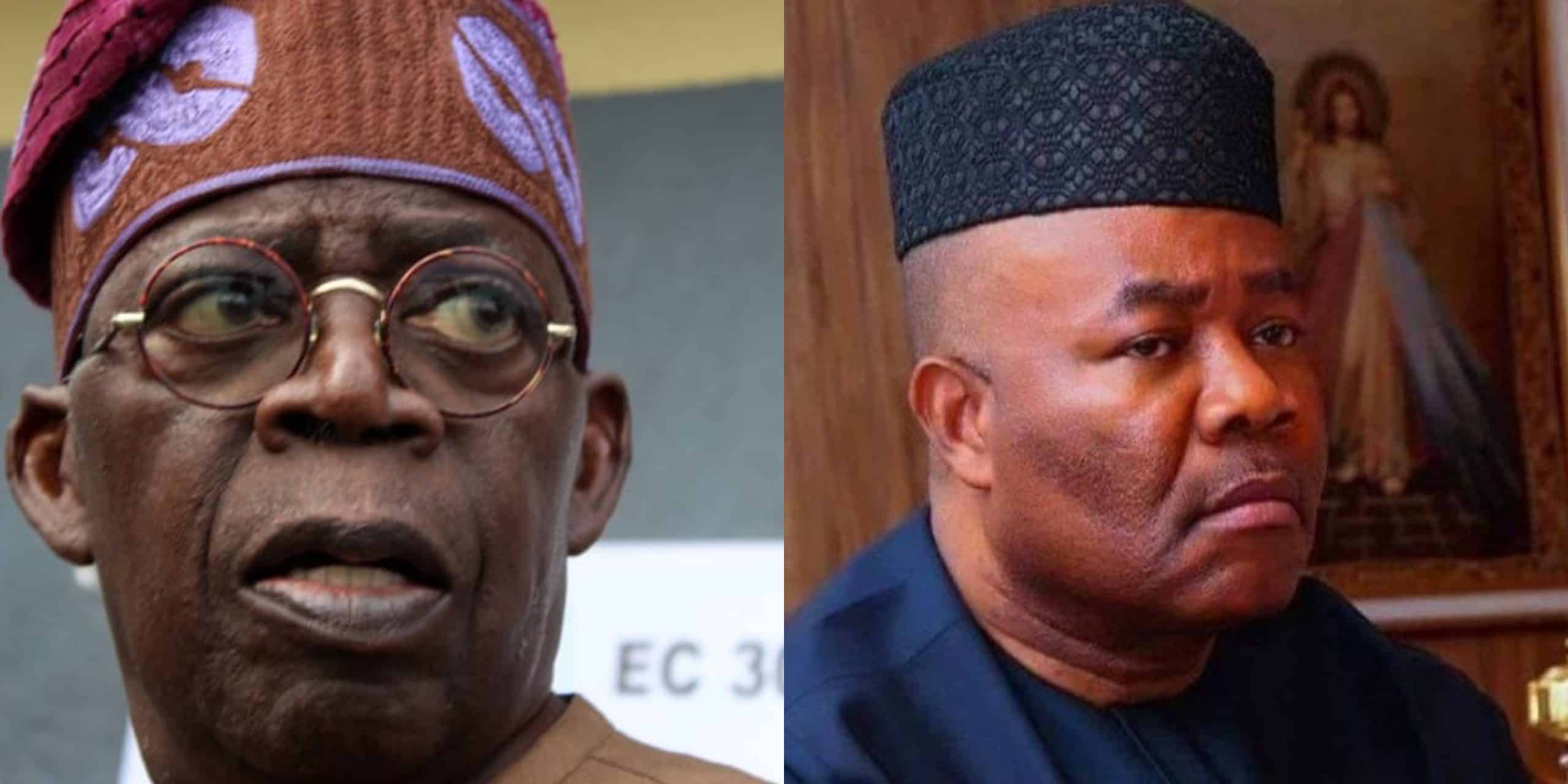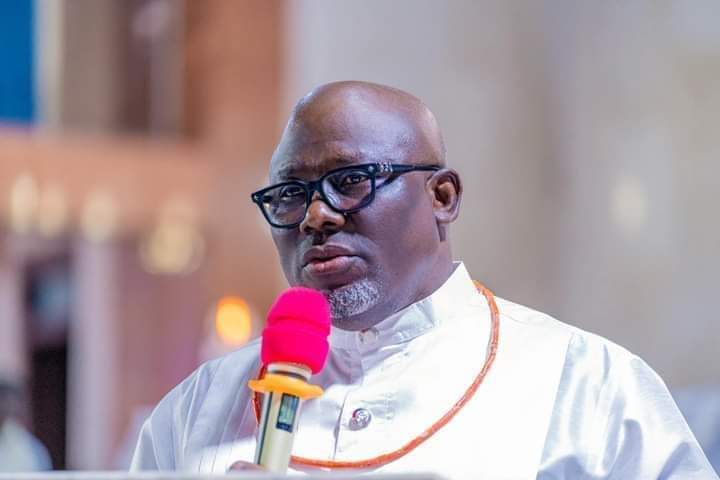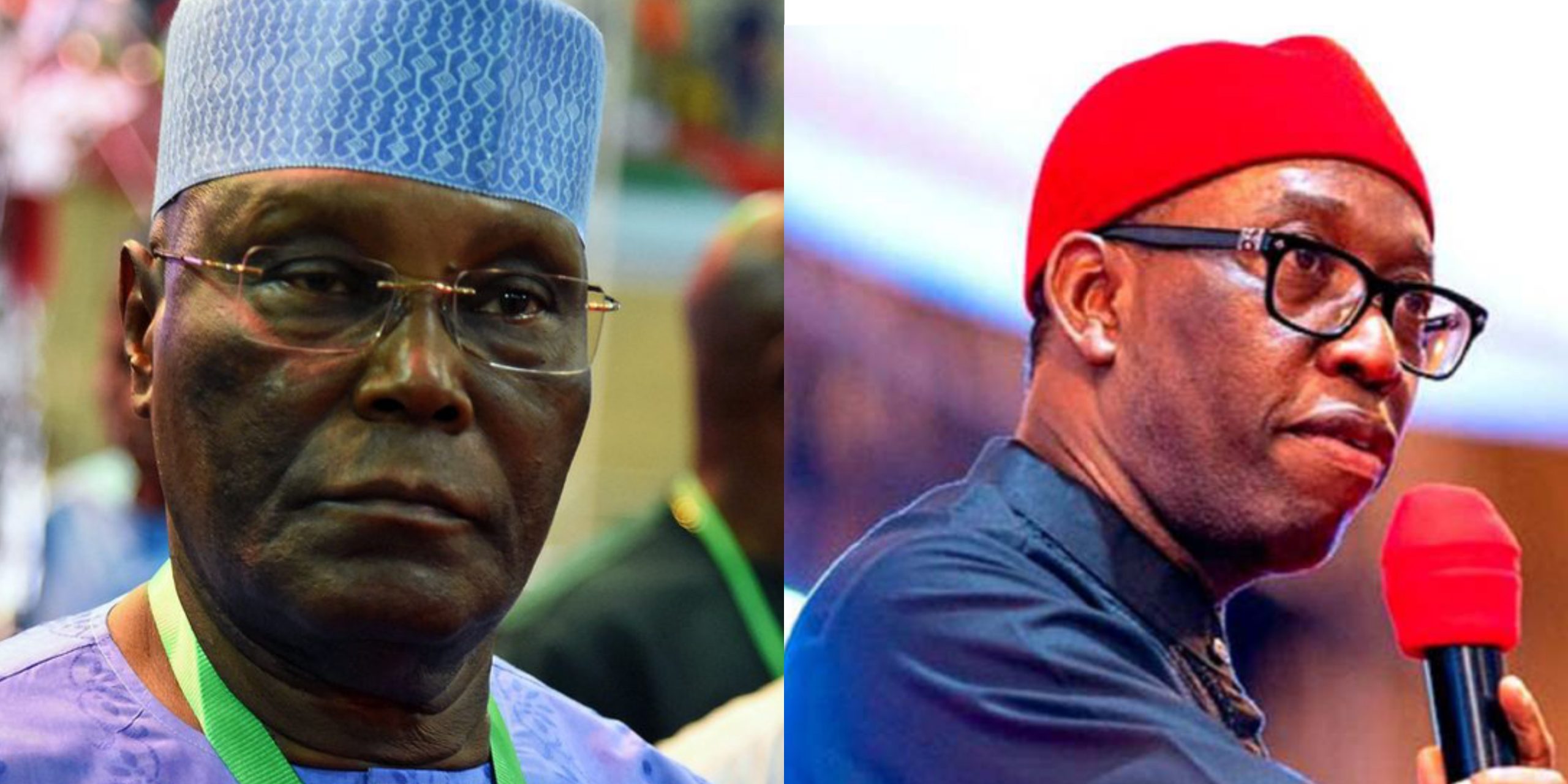A committee in the United States House of Representatives recently held a session where they listened to some Nigerian religious leaders.
These leaders claimed that their fellow believers were being killed in Nigeria and accused the Nigerian government of supporting the attackers or doing nothing to stop them.
Similar claims were made during the previous administration.
Even though President Bola Tinubu has tried to improve things—like appointing a member of their religion as the Chief of Defence Staff—these groups are still making the same accusations.
Their goal seems to be to get the U.S. government to punish Nigeria and place it on a list of countries that don’t respect religious freedom.
A group had tried this before. Even after Nigeria’s name was removed from that list, they kept pushing to have it added again.
This latest session in Congress looks like another attempt to achieve that. Complaining about your country’s problems isn’t wrong; everyone has the right to raise issues and seek support.
But going abroad to misrepresent Nigeria’s insecurity as something targeted only at one religion, and asking other countries to punish Nigeria, is something else entirely.
Sanctions don’t affect just one group—they affect all Nigerians.
If some religious groups are asking foreign governments to sanction Nigeria, then what’s stopping Muslims—who are also victims of violence—from asking Muslim nations like Saudi Arabia or the Organisation of Islamic Countries to do the same? Thousands of Muslims have died too, yet no one seems to talk about that.
Instead of coming together to fix the country’s internal problems, some people are going abroad to present a one-sided story. The insecurity in Nigeria is due to several different violent groups, not just one ethnic group like the Fulani herders, which is what many lobbyists focus on when talking to U.S. lawmakers.
There’s a danger in letting lawmakers think that Fulani herders are responsible for all the violence or that they are the same as Boko Haram, even though Boko Haram started in the northeast and wasn’t founded by Fulani people.
Similarly, bandits in the northwest come from various ethnic groups—not just Fulani.
But because the lobbyists want to promote a particular narrative, they don’t correct these wrong ideas. That’s dishonest, especially coming from people who claim to speak from a religious standpoint.
By spreading a misleading version of Nigeria’s problems, these campaigners are encouraging foreign powers to offer the wrong solutions.
That’s why the U.S. Congress keeps giving suggestions that don’t really help. They rely heavily on biased reports from groups like the “Observatory of Religious Freedom in Africa” (ORFA), which claims to speak for all religions in Africa. But in reality, ORFA only speaks for one religion. For example, their report says 55,910 Nigerians were killed between 2019 and 2023, and 16,769 of them were Christians. But they ignore the rest—over 39,000 people who weren’t Christians—as though they don’t matter.
During the most recent hearing, U.S. lawmakers focused only on victims from one religion and didn’t acknowledge that Nigerians of all faiths are suffering. This is similar to what happens in Nigeria, where religious leaders often only speak up when members of their own religion are harmed.
That lack of empathy for people from different religions is dangerous and divisive. The U.S. Congress, by listening to just one side, is helping to spread that same division.

